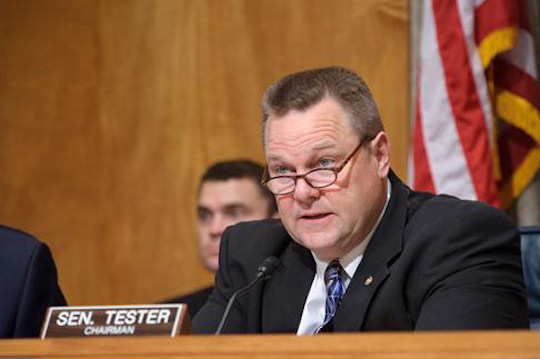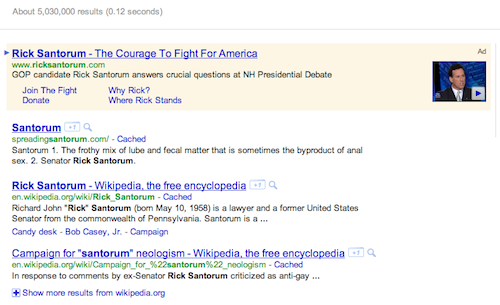Last week, the Federal Election Commission announced that Ben Carson had raised more money from individual donors in Montana than any other candidate. Like Montanans themselves, his donors cluster around Billings and Kalispell, but they are also more widely distributed than donors to any other candidate. They live in the boonies. This supports the hypothesis I developed during my independent research in Iowa, where I found that Carson had the support of 100% of voters on my great aunt and uncle’s hog farm. He is the candidate of good country people.
That he is not the candidate of the GOP tells us something about the changing dynamics of Republican politics. Carson is not the different from the two other men leading his field. Like Trump, he has no previous experience in government. Like Cruz, he made a name for himself as an outspoken—some might say obstreperous—critic of President Obama. But unlike Trump and Cruz, Carson is meek. His meekness is a quality that good country people hold dear, but in the 2016 Republican nominating contest, talking loud and crazy is a feature, not a bug. You can read all about in this week’s column for the Missoula Independent.
But that’s not all the Indy has to offer. Valentine’s Day is this weekend, and that means it’s time for the annual Love and Sex issue, featuring essays on subjects from strip clubs to the slow fade, Valentine’s for ironists and the charm of first dates. That last one is by me. You can read ’em all here, and I recommend that you do. There’s Jamie Rogers in there, and he is always good.
Meanwhile, Benji Hughes is getting better. If you’ve been foolish enough to let me control your stereo, you’ve probably heard The Mummy, a strange and pleasing song from his 2008 debut. That sprawling double album is fun, but it felt more like a series of ideas for songs rather than a developed work. Eight years later, Hughes has released his second album, Songs in the Key of Animals, and it’s great. It’s got the same 1970s modal sound, but the songs are more fully formed and, as the album progresses, heartfelt. That’s a positive development for a talented artist who has verged on novelty music before. You can read my review here. I consider this track the single:
You’ll find that sweet jam on my Winter 2 mix, which I have recorded as a single, continuous track and uploaded to SoundCloud, because CD drives are a vanishing species. I didn’t think I did much this week, but I guess I’ve been pretty busy. We’ll be back tomorrow with Friday links!





